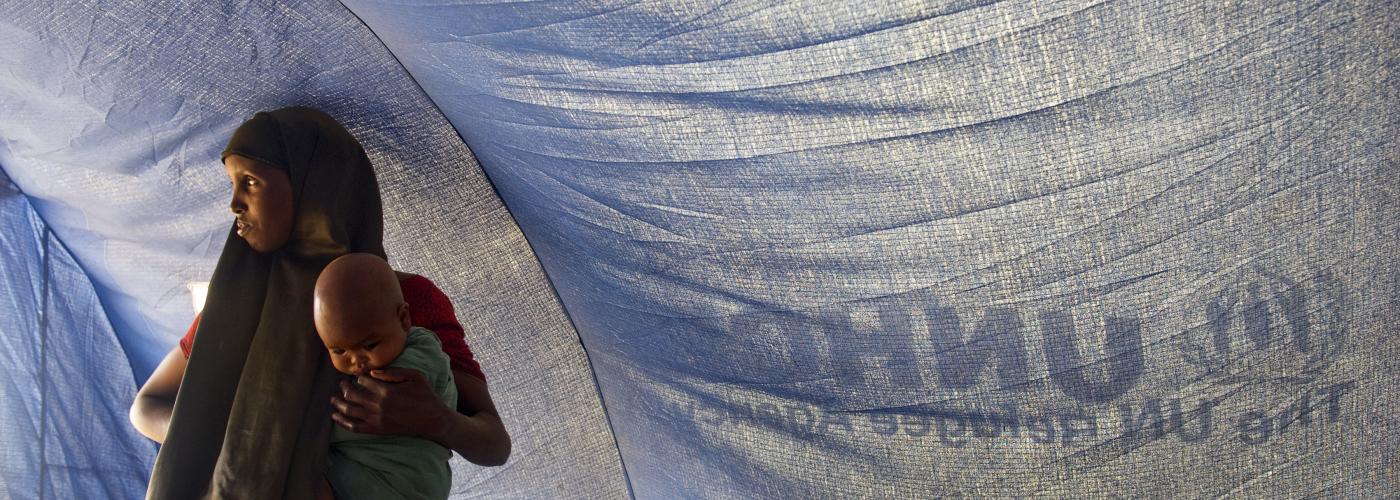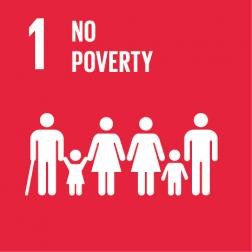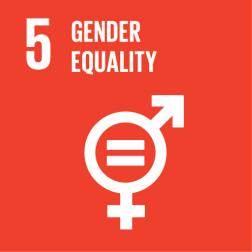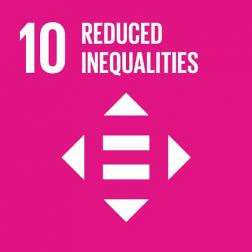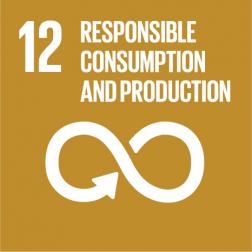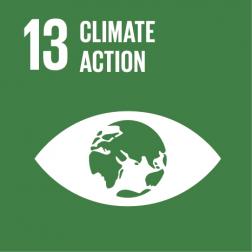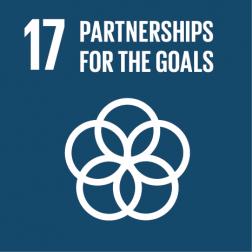General information
Title
5 MBOs of FF and SSEs based in dynamic urban areas and in the surrounding rural areas have been strengthened and are contributing to a better business environment and a more inclusive and sustainable economy in Northern Tanzania.
ID
XM-DAC-2-10-2853
CRS ID
2021C02853
Start date
End date
Activity status
Completion
Budget
€5.834.786
Actor
NGO TRIAS
Country
TANZANIA
Sector
Agriculture and livestock - Agricultural co-operatives
Policy markers
Gender 1
Environment 1
Climate: Mitigation 1
Climate: Adaptation 1
RMNCH: Reproductive, Maternal, Newborn and Child Health 2
Good Governance 1
Trade Development 1
Aid type
Core support to NGOs, other private bodies, PPPs and research institutes
Priority partner country
Yes
Fragile state
No
Least developed country
Yes
Budgetline
54 20 356072 NGO Programs
Finance type
GRANT
Tied status
No
Flow type
ODA
SDGs
Body
General
This programme aims to improve the livelihoods of family farmers, small-scale entrepreneurs and pastoralists in eight districts in Tanzania and northern Zanzibar. This will be done through the strengthening of their member based organisations they seek support from to improve their business environment, productivity and voice in society. Trias also believes that a higher participation of these groups in the economy will lead to a more stable and more prosperous and inclusive society. Therefore, the Tanzania programme will improve the capacities and performance of 5 Member based organisations, 7 SACCOS, 1 milk cooperative and 35 VICOBAs through advice and support on technical and financial matters as well as organisational development. Together these organisations - of which 42% are women and 21% are youth - reach more than 38,320 people (35100 farmers and 3,220 entrepreneurs) with their services. These organisations have proven to be legitimate actors for change in society, and have shown concrete willingness to work on an inclusive society and a sustainable environment. The Tanzania programme will especially focus on improving their capacities related to inclusivity, leadership, integrated service delivery (including access to finance and business development activities), advocacy, networking and cooperation. The MBOs have selected 6 value chains to work on: fresh vegetables, onions, garlic, poultry, milk and honey (all having important economic potential and a pro-poor and pro-women character). Furthermore, the programme has a special focus on the environment especially related to land use planning, protection of wildlife corridors, human wildlife conflict prevention and erosion prevention and will invest in smart use of ICT.


